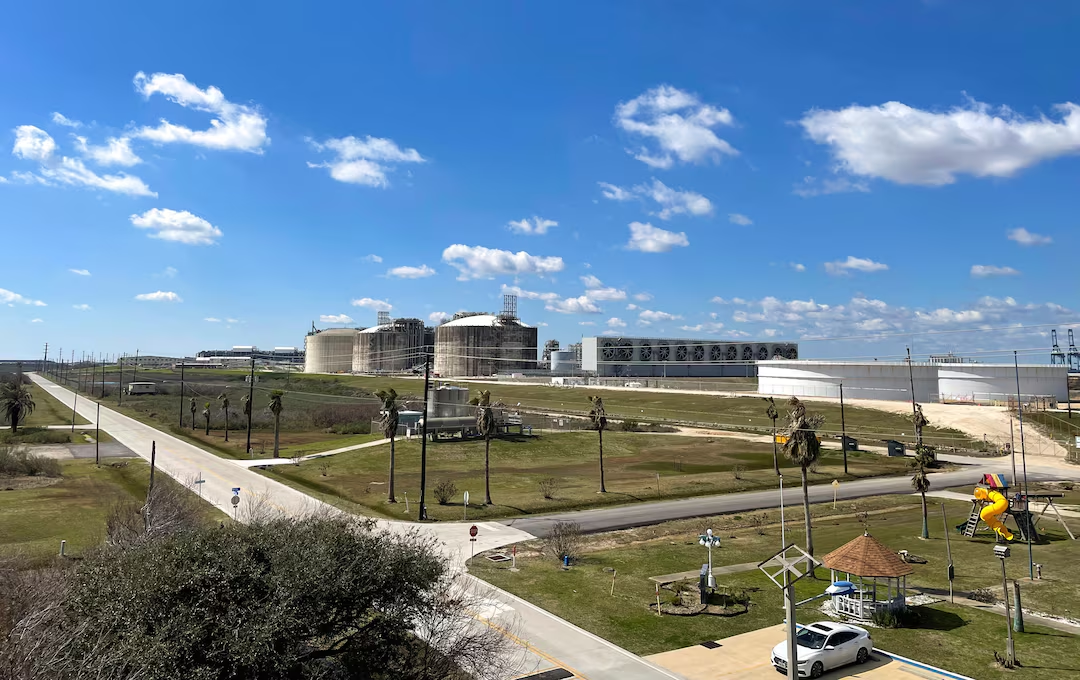Zambia on Wednesday launched an ambitious plan aimed at increasing electricity generation in the southern African nation.
 A man directs traffic outside a cement factory in Zambia. Power generation strategy is an important component of the country’s industrial development plan. (Creative Commons / TLDW)
A man directs traffic outside a cement factory in Zambia. Power generation strategy is an important component of the country’s industrial development plan. (Creative Commons / TLDW)
The Integrated Resource Plan will be implemented during a 30-year period with the support of the British government through a grant equivalent to 1.78 million U.S. dollars.
Minister of Energy Mathew Nkhuwa, who launched the plan virtually, said the plan will be an approach to national power system that incorporates assessment of available energy resources and opportunities for demand.
“This is important in order to meet the country’s electricity requirement while upholding national development objectives for social equity and environmental sustainability,” he said.
The implementation of the plan is expected to, among other things, improve long-term reliability, affordability, efficiency, and security of electricity supply, while keeping pace with the economic growth and development, he said.
He added that the implementation of the plan will minimize the short-term and long-term economic costs of delivering electricity services and ascertain the country’s investment needs for the medium and long-term and provide a conducive environment for business planning.
British High Commissioner to Zambia Nicholas Woolley said the plan will go a long way in the utilization of renewable power technologies, operation of smart grids which will put energy users more in control of their own energy use.
He said innovations in the private sector will bring new options to the market which will go a long way in reducing the cost of developing and operating power systems.







